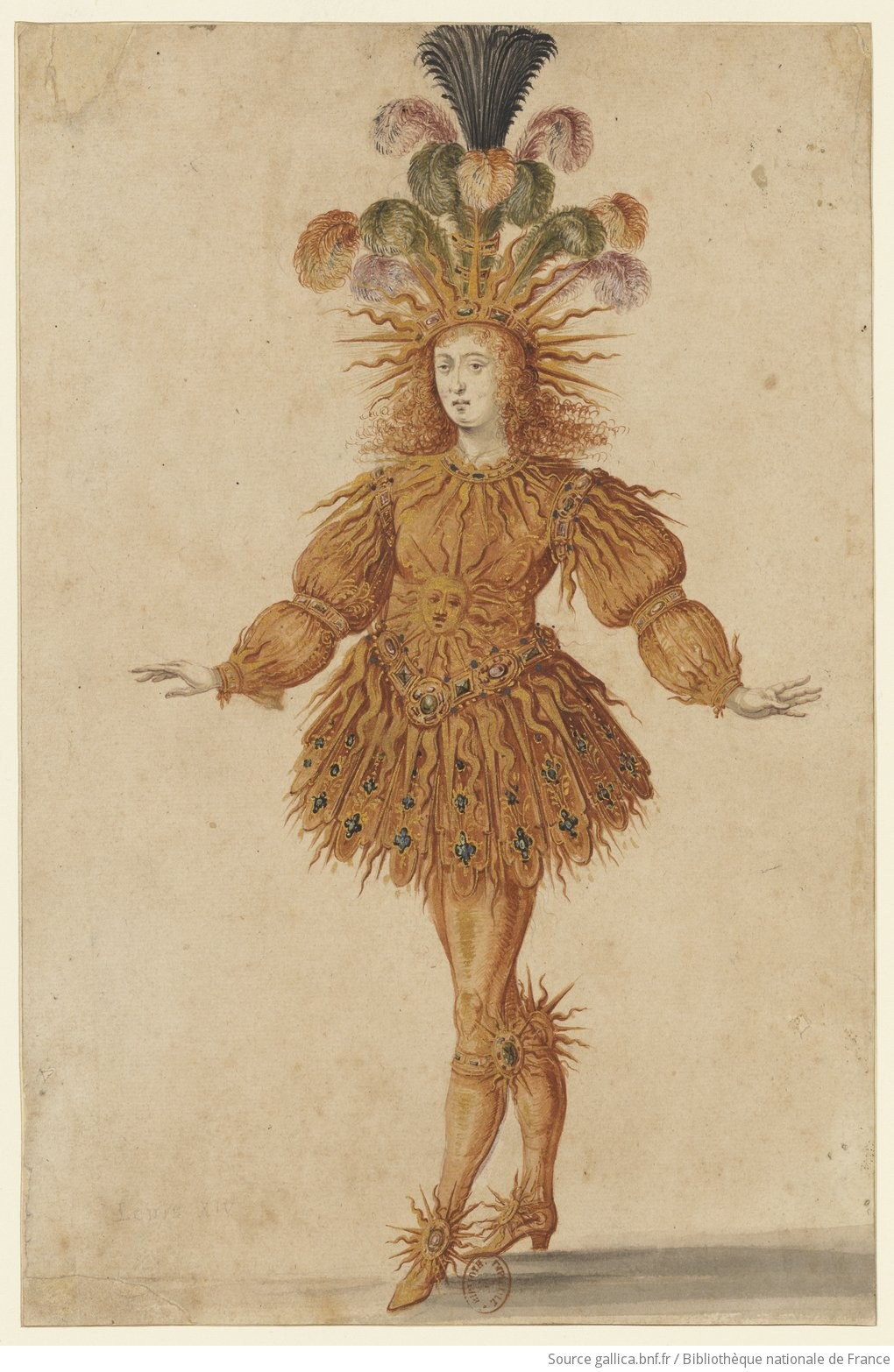Here am back with the history of ballet. Let's go back to the Renaissance courts of the
15th century and know about ballet's history .
Lets talk about its origin first -




Lets talk about its origin first -
Ballet originated in
the Italian Renaissance courts of the 15th century. Noblemen and women were
treated to lavish events, especially wedding celebrations, where dancing and
music created an elaborate spectacle. In fact, the terms "ballet" and
"ball" as in masked ball, come from the Italian ballare, to dance. Dancing masters taught the steps to the nobility, and the court
participated in the performances. In the 16th century, Catherine de
Medici — an Italian noblewoman, wife of King Henry II of France and a
great patron of the arts — began to fund ballet in the French court. Her elaborate festivals encouraged
the growth of ballet de cour, a program that included dance,
decor, costume, song, music and poetry. A century later, King Louis XIV helped
to popularize and standardize the art form. A passionate dancer, he performed
many roles himself, including that of the Sun King in Ballet
de la nuit. His love of ballet fostered its elevation from a
pasttime for amateurs to an endeavor requiring professional training.
15th century ballerinas'
It might be really shocking to know but the attire of the bellers and ballerinas were not same as today. At first, the dancers
wore masks, layers upon layers of brocaded costuming, pantaloons, large
headdresses and ornaments. Such restrictive clothing was sumptuous to look at
but difficult to move in.

Louis 16 in the ballet attire
Now, lets move to 17th century -
Originally
the court ballets were performed by the aristocracy and royalty in the rooms
and gardens of their palaces. Dances were based on the social dances of the
royal courts with graceful arm and upper body movements and elaborate floor
patterns.
Eventually
it became impossible for amateur dancers to reach the standards demanded by the
dancing masters and composers. The two separate traditions of ballet and opera
began to develop independently and in 1661 the Académie Royale de Danse, was
established in France. Here the
first professional theater dancers were trained and dance moved from the court into the public theaters.

Académie Royale de Danse
Moving forward to 18th century -
Now coming to 18th century's attire :
It will really amaze you all to know that Following the French Revolution of 1789, women abandoned paniers
and corsets for floating Grecian style dresses, which emphasised the body.
Dancers followed fashion and these dresses meant they could perform a greater
range of movement. They now wore flat slippers, which allowed greater
flexibility in the foot, and women developed the trick of rising on tiptoe (on
demi-pointe). Men’s costumes also reflected fashion and the tonnelet was
replaced with a jacket and fitted breeches. Now that costumes had become freer,
men and women could dance together.
Attires in 18th century
So friends i come to the end of this post , hoping you all loved the piece of information that i shared with you all :)So keep sharing , reading and stay tuned because a lot more posts are coming soon :)
Till then asta la vista people ;)
Well done. Even made history look interesting... :D
ReplyDelete